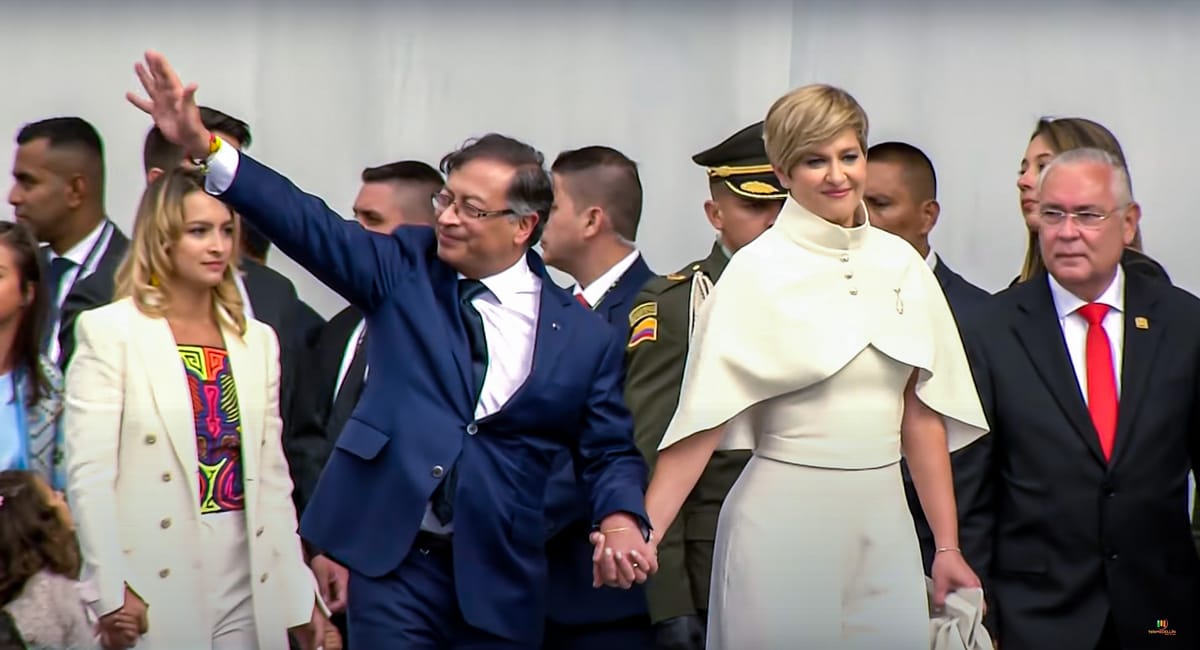Colombian President Halts Coal Exports to Israel Amid Gaza Conflict

BOGOTA, Colombia (Laser Lens Media & News) — In a bold move reflecting his commitment to human rights, Colombian President Gustavo Petro announced the suspension of coal exports to Israel, citing the ongoing violence in Gaza. This decision underscores the deteriorating relationship between two historical allies.
President Petro took to social media platform X to declare that coal exports would only resume “when the genocide” in Gaza ceases. A draft decree shared by Petro stipulates that exports would remain halted until Israel complies with an International Court of Justice order to withdraw troops from the Gaza Strip.
Colombia’s National Statistics Department reports that coal exports to Israel were valued at over $320 million in the first eight months of the previous year. While this is a small fraction of Colombia’s total coal exports—exceeding $9 billion in 2023—it significantly impacts Israel, which relies heavily on Colombian coal for its power plants.
Israel imports over 50% of its coal from Colombia, according to the American Journal for Transportation. This halt could severely affect Israel’s energy infrastructure.
Since his 2022 election as Colombia’s first leftist president, Petro has taken a staunch stance against the Israeli government's actions. In May, he cut diplomatic ties, condemning Prime Minister Benjamin Netanyahu’s administration as “genocidal.” Nevertheless, consulates remain operational, and trade continues to flow between the nations.
Colombia has historically depended on Israel for military hardware, from assault rifles to advanced intelligence equipment. Over the past 30 years, Colombia has purchased more than 30 fighter jets from Israel and relies on Israeli firms for their maintenance. Current tensions have halted new military acquisitions, sparking criticism that Petro’s decisions compromise Colombia’s security amid ongoing conflicts with drug cartels and rebel groups.
Supporters, however, laud Petro’s stand. The Global Energy Embargo for Palestine, an advocacy group, praised the decision, arguing it could pressure Israel to reconsider its policies in Gaza and impact West Bank settlements dependent on coal-powered electricity.
“We call on South Africa, which supplies 9% of Israel’s coal, to follow Colombia’s lead,” the group urged, prompting other energy-exporting nations to consider similar actions.
Petro’s unyielding stance contrasts sharply with past Colombian presidents who maintained robust ties with Israel. Notably, Petro initially refused to condemn a Hamas attack that led to Israel’s Gaza invasion, highlighting his critical perspective on the conflict.
The implications of Colombia’s decision are far-reaching, affecting international relations and energy politics, as the world watches to see who might join the embargo.




